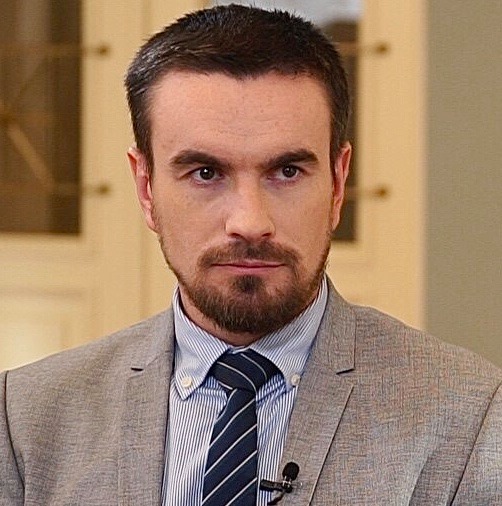We present the sixteenth issue of Belarus’ Foreign Policy Index, a publication that provides an analysis of developments in five areas of Belarus’s foreign policy in September and October 2013. It is also our pleasure to inform you that starting this issue we will prepare a special “Foreign Policy Accent” supplement to the Index. The first Accent focuses on the analysis of drastic changes in Belarus’s foreign policy efforts in the Middle East. From now on we will be offering in-depth analyses of the aspects and areas of Belarus’s foreign policy that are worth close attention.
As for the sixteenth issue of Belarus’ Foreign Policy Index, the most significant modification recorded in September and October is a surge in contacts with Russia amid symmetrical curtailment of contacts with China. As in our previous Index issue, all of the country’s foreign policy vectors are in the positive territory.
The intensification of two major integration projects — those European and Eurasian — and aggravating economic situation have revived the “pendulum” foreign policy pursued by official Minsk. However, Russia will not fall for these diplomatic tricks and seems to have been adopting Belarus’s trademark negotiating style in its relationship with the western ally, as it demands real concessions in exchange for integration promises in the near future.
Active diplomatic contacts with the countries and institutions of the European Union are still there; however, the number of contacts is never transformed into a better quality of the bilateral relationship. Minsk still focuses its efforts on the work with separate EU member states. This trend is a reflection of the policy to promote the country’s interests via the countries that have the least critical position on Belarus.
Of all the troublesome issues in Belarus’s relationship with China that were outlined in previous Index issues, none were close to resolution during the period under review. At the same time, the complicated economic situation in Belarus makes it necessary that the authorities give the results of collaboration with China a more thorough analysis.
Belarus is tacitly adapting its foreign policy in the developing world to the reality of the unipolar world, the examples being the minimization of its relations with Iran and Syria and intensification of contacts with the Arab monarchies and Turkey.
During the two months under review, the relationship between Belarus and Ukraine at the top political level became markedly more active. A. Lukashenka have been commenting on the issue of Ukraine’s European integration on a regular basis; against the backdrop of the Kremlin’s aggressive rhetoric, the stance on Ukraine adopted by the Belarusian head of state looks as non-judgmental and conciliatory as it gets.
Read the full texts of the Index and the Foreign Policy Accent monitoring in PDF



